Urban foxes are a familiar sight in UK cities—darting across roads at night, sunbathing in gardens, or boldly sniffing around bins.

However, as they grow more comfortable living alongside us, their diets are changing, too. With easy access to leftovers, fast food scraps, and compost bin buffets, experts are beginning to ask: are city foxes relying too heavily on human food, and what’s it doing to them in the long run? The answer may surprise you.
1. City foxes have adapted to eat what we leave behind.

Urban foxes are incredibly resourceful. They’ve learned to survive on what we discard—whether it’s pizza crusts, chicken bones, or half-eaten kebabs. With food waste so common, they often don’t need to hunt like their countryside cousins do. This adaptation helps them thrive in cities, but it also raises concerns about nutrition. Just because they can eat our leftovers doesn’t mean they should—at least, not all the time.
2. Processed food isn’t great for foxes (just like it’s not for us).
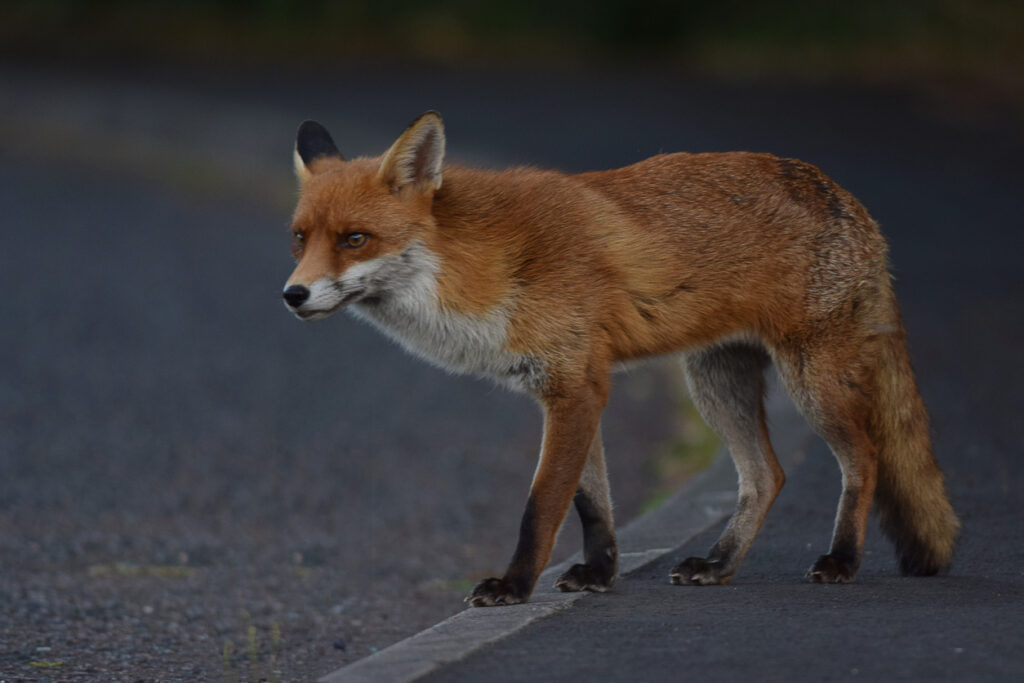
Like us, foxes are omnivores, but their bodies aren’t designed for high-salt, high-fat, ultra-processed human snacks. Things like chips, chocolate, or fried food can cause digestive issues, dehydration, and long-term health problems. They might enjoy scavenging from takeaway bags, but that doesn’t mean it’s doing them any favours. Over time, a junk food-heavy diet could lead to weaker immune systems and shorter lifespans.
3. Some foxes are getting overweight.
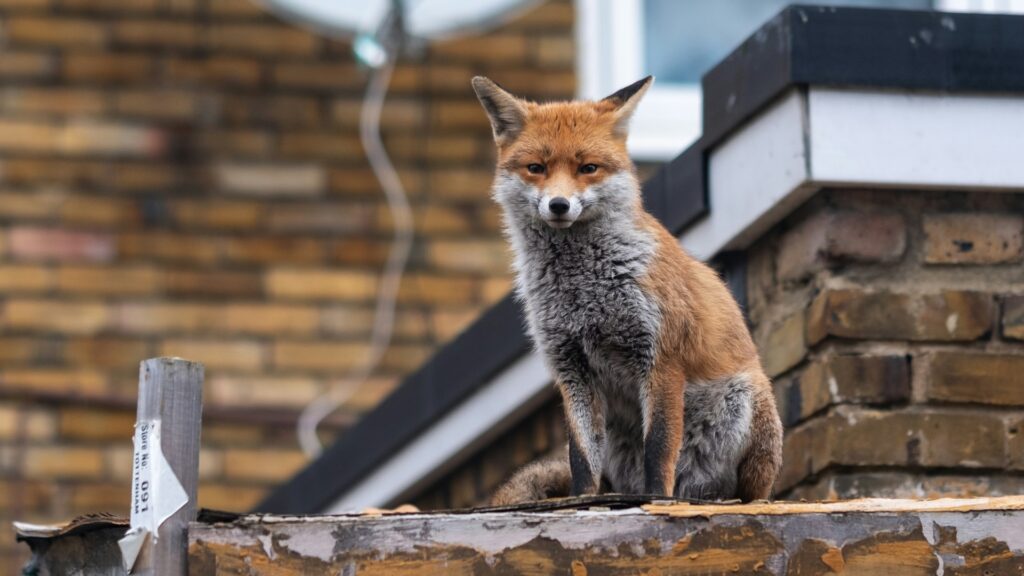
Wildlife experts and urban ecologists have started noticing that some city foxes are a little… rounder than expected. With steady access to calorie-rich food, they’re burning fewer calories hunting and eating more than they need. This can lead to the same kinds of issues seen in overweight domestic pets: joint strain, lower energy, and increased risk of disease. It’s rare, but the trend is growing in areas with high human population density.
4. Human food may be making them more dependent.

Foxes are naturally independent scavengers, but when food is too easy to find—like bins regularly overflowing or food deliberately left out—they start to rely on it. That creates a new set of issues. Dependence on human food means they lose some of their wild instincts. They may take more risks around people, roads, and pets, and become less capable of surviving in areas without human support.
5. The line between scavenging and pest behaviour is blurring.
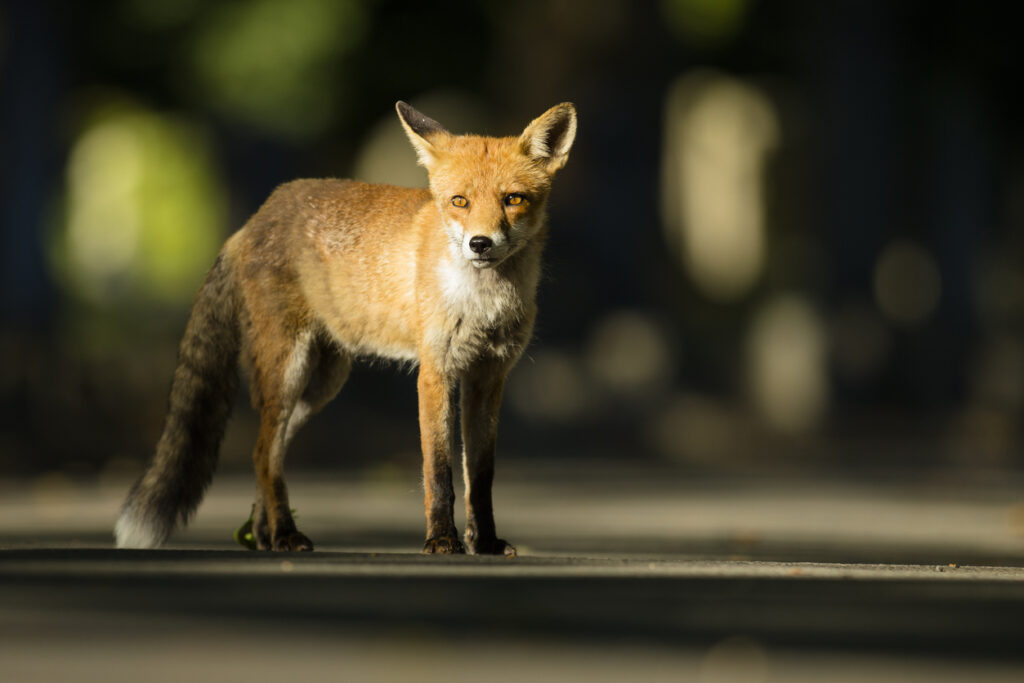
Most people enjoy seeing foxes in the garden, but as they become more reliant on our waste, they’re getting bolder. Tipping over bins, raiding compost heaps, and even stealing food from outdoor tables is becoming more common. It’s a change that raises tensions. What started as a charming urban wildlife encounter can turn into complaints, traps, or conflict if foxes are seen as too aggressive or disruptive.
6. Cubs raised on human food may miss out on important hunting skills.

Foxes learn through observation and practice. If young cubs grow up eating human scraps rather than chasing small animals or foraging naturally, they might miss out on developing vital survival behaviours. This could leave future generations of urban foxes less resilient. If human food sources suddenly disappear—due to waste management changes or public backlash—they might struggle to adapt.
7. Some food can be outright dangerous.

It’s not just about poor nutrition—some common human foods are toxic to foxes. Chocolate, grapes, cooked bones, and certain spices can cause serious harm, even in small amounts. When foxes scavenge from unguarded bins or discarded takeaways, they’re taking a gamble. It’s not always easy to spot what’s safe, and one bad meal could have lasting consequences.
8. City foxes still eat wild food, but less of it.
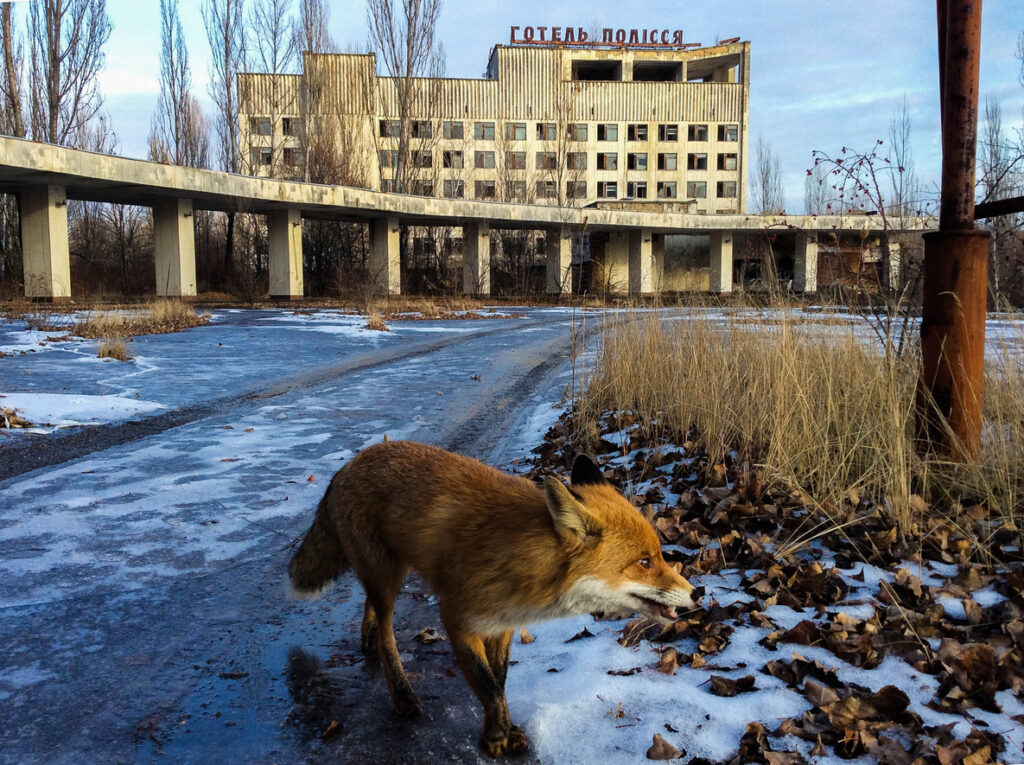
Despite their urban habits, city foxes still hunt birds, rodents, and insects. They’ll also eat berries, fungi, and worms. However, studies show that in some areas, up to a third of their diet now comes from human-related sources. That change has pros and cons. It keeps them alive through tough winters, but it may be subtly altering their biology and behaviour over time, in ways we’re only beginning to understand.
9. Well-meaning feeding can backfire.

Some people leave out food for foxes, either to help them through the winter or simply because they enjoy seeing them. But when foxes start associating humans with food, their behaviour changes, and not always for the better. Feeding can encourage them to become bold or territorial, leading to complaints or even danger for the animals themselves. If you’re going to feed foxes, experts recommend doing it rarely, and only with appropriate, species-safe food.
10. A more balanced future means smarter city planning.
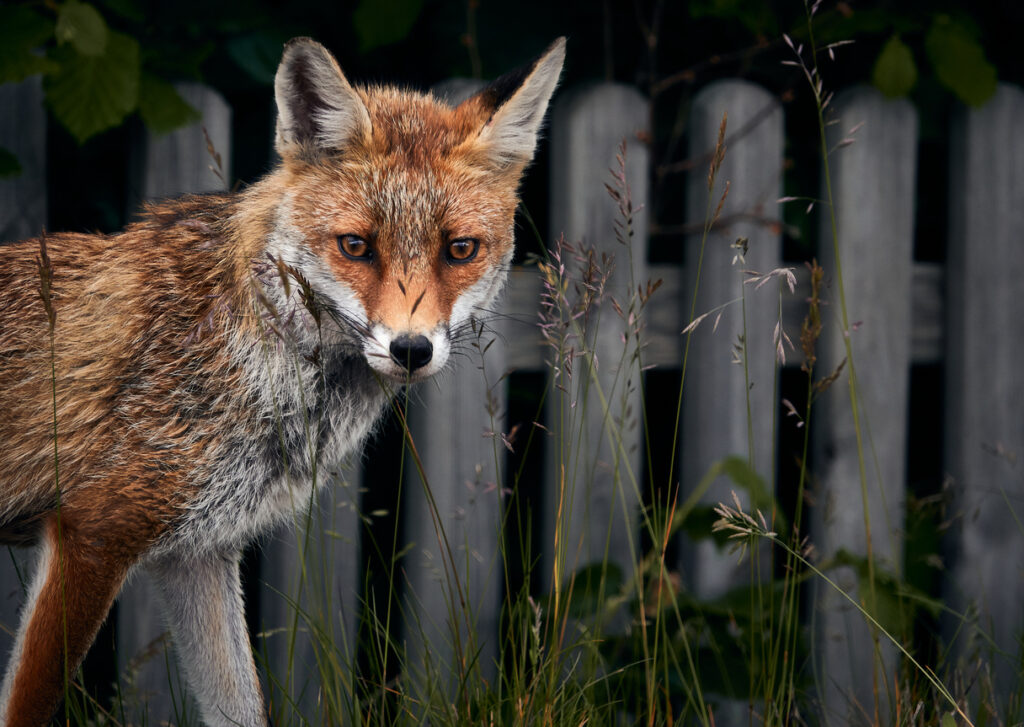
Urban foxes aren’t going anywhere, and most people don’t want them to. But supporting healthy populations means rethinking how we manage food waste, educate the public, and design green spaces that support wild foraging. They’re part of the city now. And the best way to live alongside them is to let them stay wild—curious, clever, and capable of finding their own food, without needing to raid the takeaway bin on the corner every night.